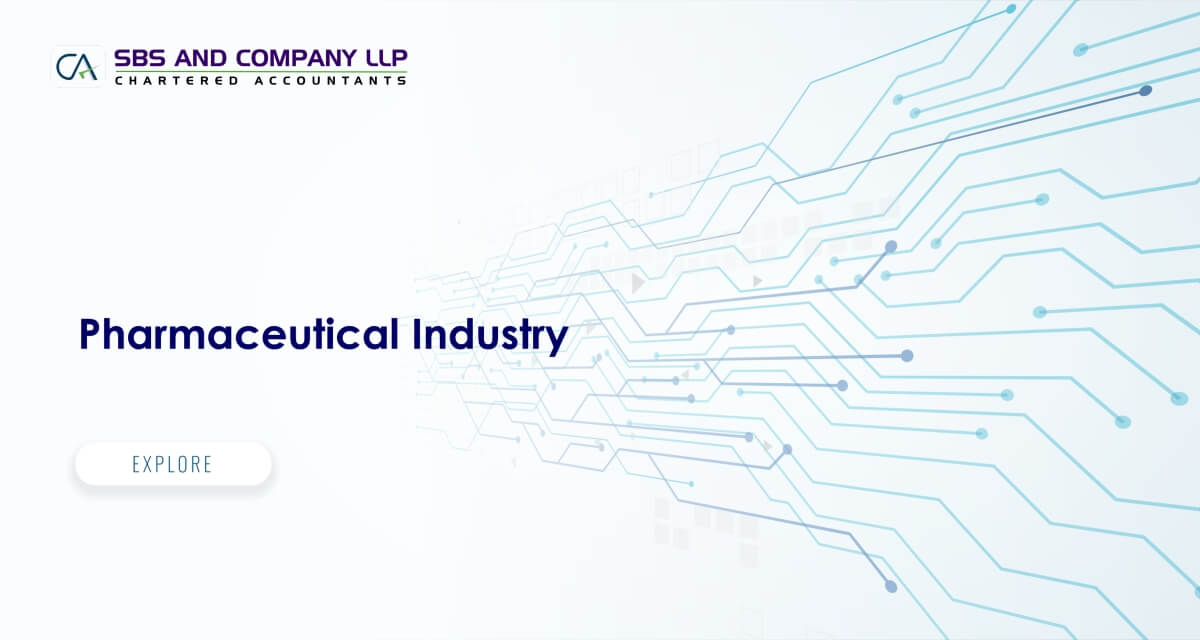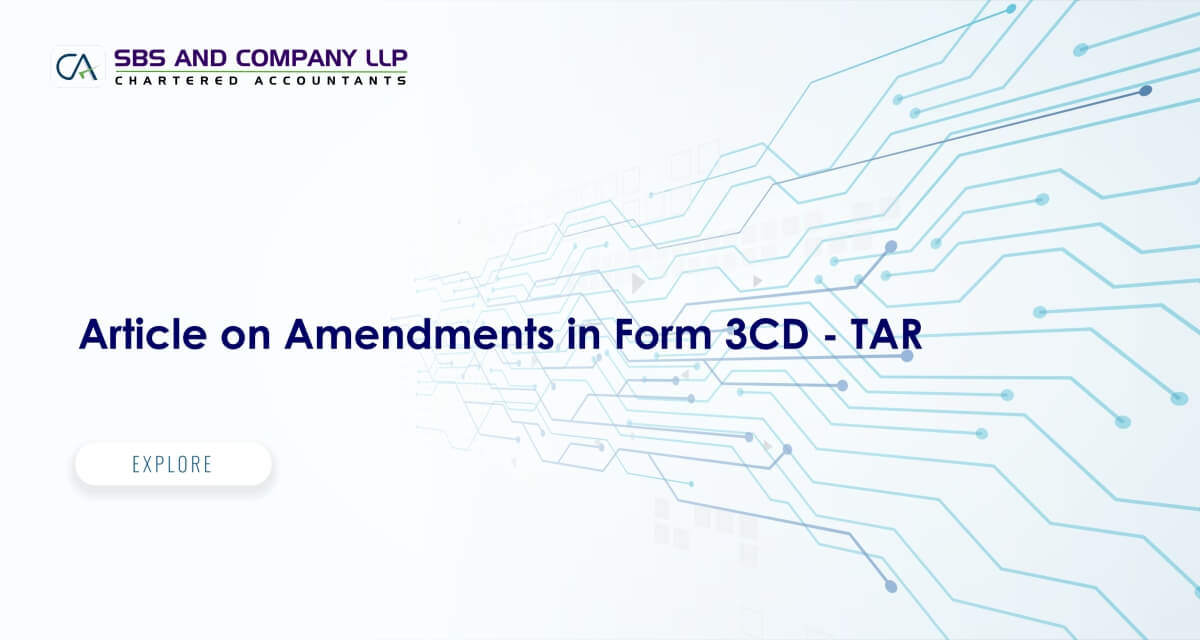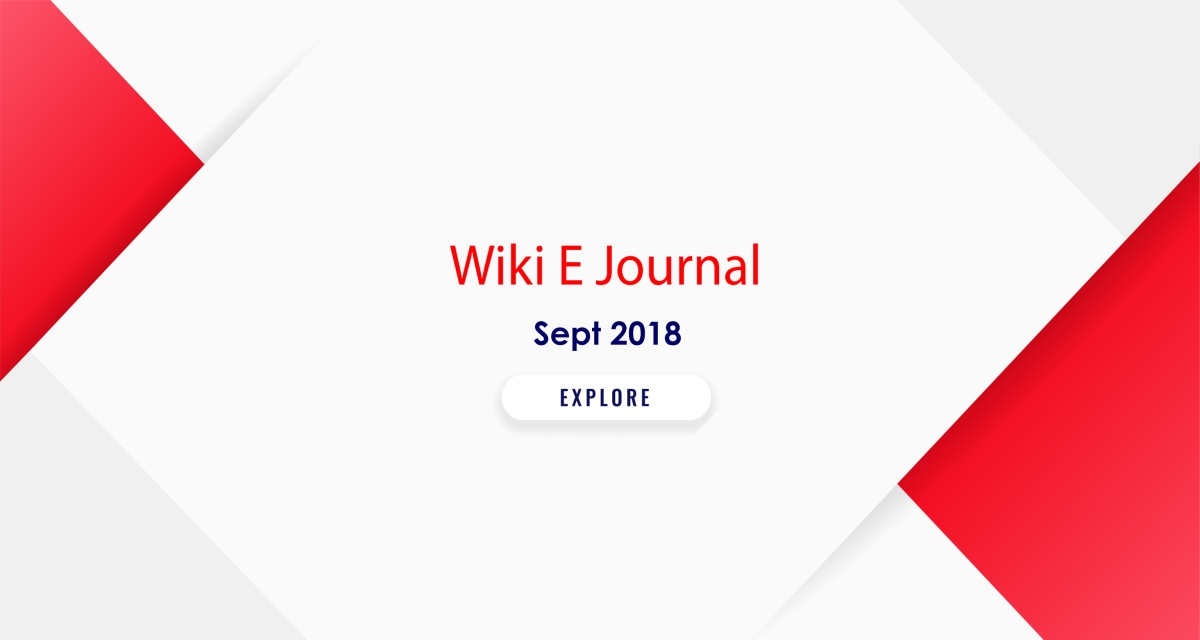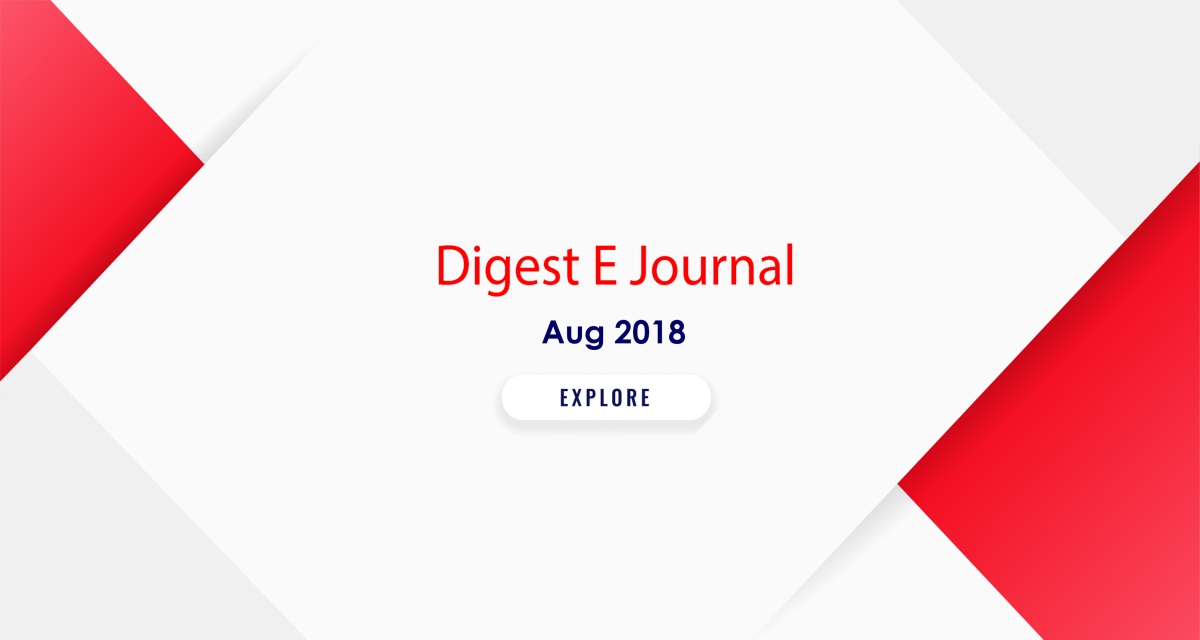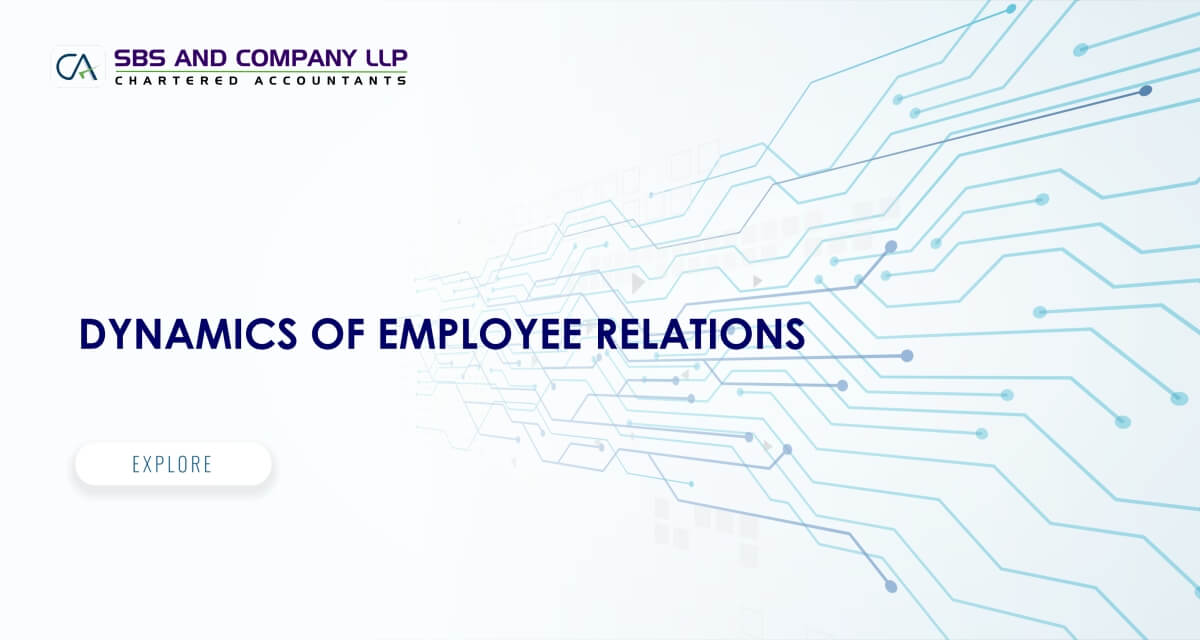Background
The modern pharmaceutical industry can be traced back to the discoveries of insulin and penicillin in the early 20th century. These products began to be mass manufactured, particularly in European countries, with other developed countries following close behind. The implementation of scientific processes to the research and discovery of new medicines has led to the industry that exists today, with companies constantly searching for new products that heal, prevent, and cure consumers.
Back in 2014, the total pharmaceutical revenues worldwide had exceeded one trillion U.S. dollars for the first time. Increased competition owing to the growing size of the industry has noticeably increased the complexities of operations, sales and marketing, which in turn have led to an alarming spike in malpractices by stakeholders involved at various levels in the industry.


